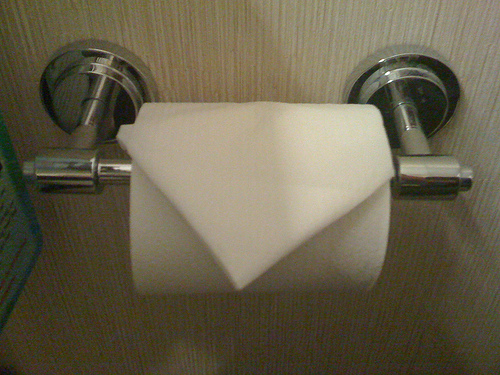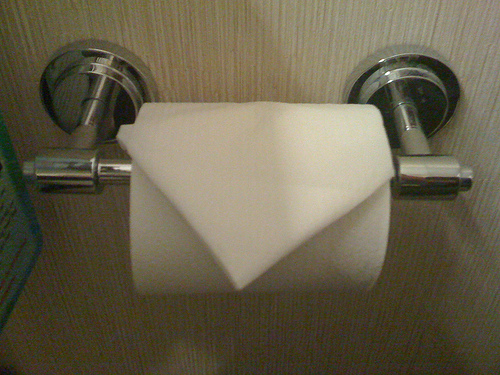 Can we wipe out the worst of global warming?Yesterday, EPA released its long-awaited analysis of the American Power Act, Kerry and Lieberman’s Senate climate bill. What most journalists and pundits have seized on is this finding: between 2010 to 2050, the legislation would cost the average American household between $79 to $146 extra a year.
Can we wipe out the worst of global warming?Yesterday, EPA released its long-awaited analysis of the American Power Act, Kerry and Lieberman’s Senate climate bill. What most journalists and pundits have seized on is this finding: between 2010 to 2050, the legislation would cost the average American household between $79 to $146 extra a year.
Now, on its face, that seems bad. Generally, people don’t like to hear that they’re going to have to spend more money. But some context is in order.
As a backdrop, consider that the EPA analysis shows American consumption and incomes rising throughout the period the legislation is place. We’re going to get richer and richer and have more and more. It’s just that if we attempt to save the world, we’ll be just a little bit less richer.
How much less richer? What does $146 a year really mean? I asked around and got some nice figures for comparison from Jason Selfe, a research analyst at the Rhodium Group, a New York-based economic research firm.
For perspective, $146 a year is:
- about $0.40/day, $3/week, or $12/month;
- two text messages a day at $.20 each;
- about one Starbucks coffee a week ($4.05);
- a 24 pack of Coca-Cola Classic a month ($11.04);
- $63 less a month or $756 less a year than the average cost of cable;
- about the average cost of toilet paper ($140) for a family per year;
- less than the savings a day ($.91 – $1.62) from substituting Evian ($1.58/bottle) or Fiji ($2.29/bottle) bottled water for Poland Springs ($.67/bottle) when buying a 24 pack;
- a monthly subscription to Netflix ($8.99) plus a weekly supply of buttered microwave popcorn ($.75/pack); or
- about a monthly trip to the box office ($7.50) and a small popcorn ($4.75).
Would the American people pay as much to save the world as they pay for toilet paper? Would they pay as much as they pay to go to the movies? I have to believe they would.
Cost simply isn’t a credible reason to oppose a carbon cap. The challenge is communicating that fact to the public in the face of misleading agitprop from the other side.



